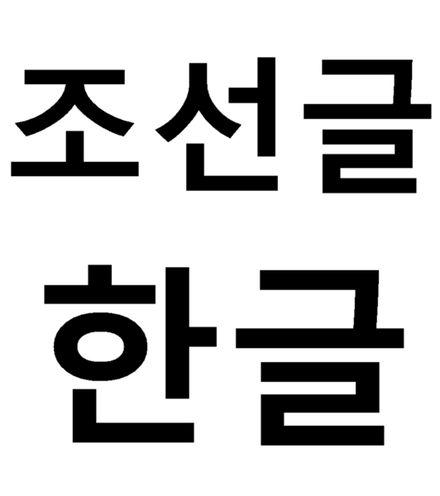 Up until three years ago my experiences with foreign languages had been miserable. I took four years of Spanish in high school. I even volunteered and was chose as secretary of my high school’s Spanish Language Club.
Up until three years ago my experiences with foreign languages had been miserable. I took four years of Spanish in high school. I even volunteered and was chose as secretary of my high school’s Spanish Language Club.
But I remained a terrible Spanish speaker and abandoned the language entirely when I left for college.
But things changed when I got military orders to Japan for my last tour in the navy. I had wanted to be a UN peacekeeper in Africa, but at the last moment I switched my top choice to Japan, and got what I requested.
I spent two years there and loved every minute of it.
As soon as I learned that I’d be moving to Japan to work for a couple of years, I set out to learn the language.
But this time I did my research.
I really wanted to immerse myself in the process. I’m not sure why I had this desire, but it turned out to be the right approach.
How You Can Get Good at Any Language – Especially Korean
The secret to learning languages is to put yourself in the mind of a child.
Yes, children are excellent at learning languages because of their brains are in a formative phase, but they also don’t try to learn.
It just comes naturally to them.
The more natural you can make your study efforts, the more you’ll enjoy the process of learning Korean, and they better you’ll get.
How My Experience Learning Japanese Can Help You Learn Korean
One site that I came across very early in my study of Japanese was AJATT. AJATT stands for All Japanese All The Time.
This site really got me pumped up.
Here’s a guy, code named Khatzumoto, who learned Japanese in a year and a half while living in the state of Utah.
How did he do this? How was this even possible!?
He did it because he lived in the language.
Live Your Learning
Many people think that learning is something you do for a short portion of the day and then gleefully forget about the rest of the time.
They couldn’t be more wrong.
Learning is continuous and forever.
Anybody that disagrees with that is going to cause you much misery in your quest to get good at anything – including mastery of the Korean language.
I used this technique in learning Japanese and I saw massive results in a short period of time.
Secrets to Your Korean Language Success
Let’s get into some specifics that you can use in your Korean language study program.
Learn Hangul as Fast as Possible
You need to learn Hangul, it’s just that simple. Hangul is the Korean alphabet, and fortunately it’s pretty easy to learn.
The Japanese language uses a set of characters called katakana and hiragana as their alphabet. These are symbols that represent sounds, they’re the alphabet of the language.
Instead of learning this right from the get go, many Japanese learners will opt for books written in romaji, which is just a sounding out of the katakana and hiragana sounds, but written in the Roman alphabet.
Here’s an example:
1. is romaji, 2. is hiragana, and 3. is hiragana and kanji
Japanese kanji, which in many cases are more complex than katakana or hiragana, are characters borrowed from the Chinese. Learning them is a whole ‘nother story.
I fell in love with a book called Remembering the Kanji, by James Heisig. I would study this book all the time, and got great at writing the kanji after a few months.
But I had help in the form of the Mnemosyne Project.
 Flashcards Make You Remember More
Flashcards Make You Remember More
One of the tricks to learning anything is repetition.
There’s a whole theory as to how this works.
Basically doing the same thing over and over – practice – coats the neurons in our brain with a substance called myelin.
This myelin allows signals in the brain to travel faster and more efficiently, ultimately making us smarter and more skillful in that particular subject area or movement.
Flashcards are an excellent tool to aid in the learning and remembering of facts. But the problem is, the brain forgets things that are seen too often.
Ideally, you want to use a flash card system that automatically shows the questions you get wrong more often than the ones you get right.
Enter the Mnemosyne Project.
Why You Need to Know About the Mnemosyne Project
The Mnemosyne Project aims to both improve your ability to remember things and also to learn more about how the brain works to learn and retain information.
Best of all it’s free!
You can download pre-made sets of flashcards on electronic decks from both websites. These sets were made by generous users and can save you a lot of time. I’ve had trouble in the past with sets containing a lot of stuff I didn’t care about, but you can easily delete these cards as they come up.
Loading a pre-made set and deleting what you don’t want is so much easier than building your custom deck from scratch.
But feel free to try both ways and see what works for you.
What Has Worked For You?
Do you have a secret weapon that helped you learn Korean? Share it with us in the forums.
